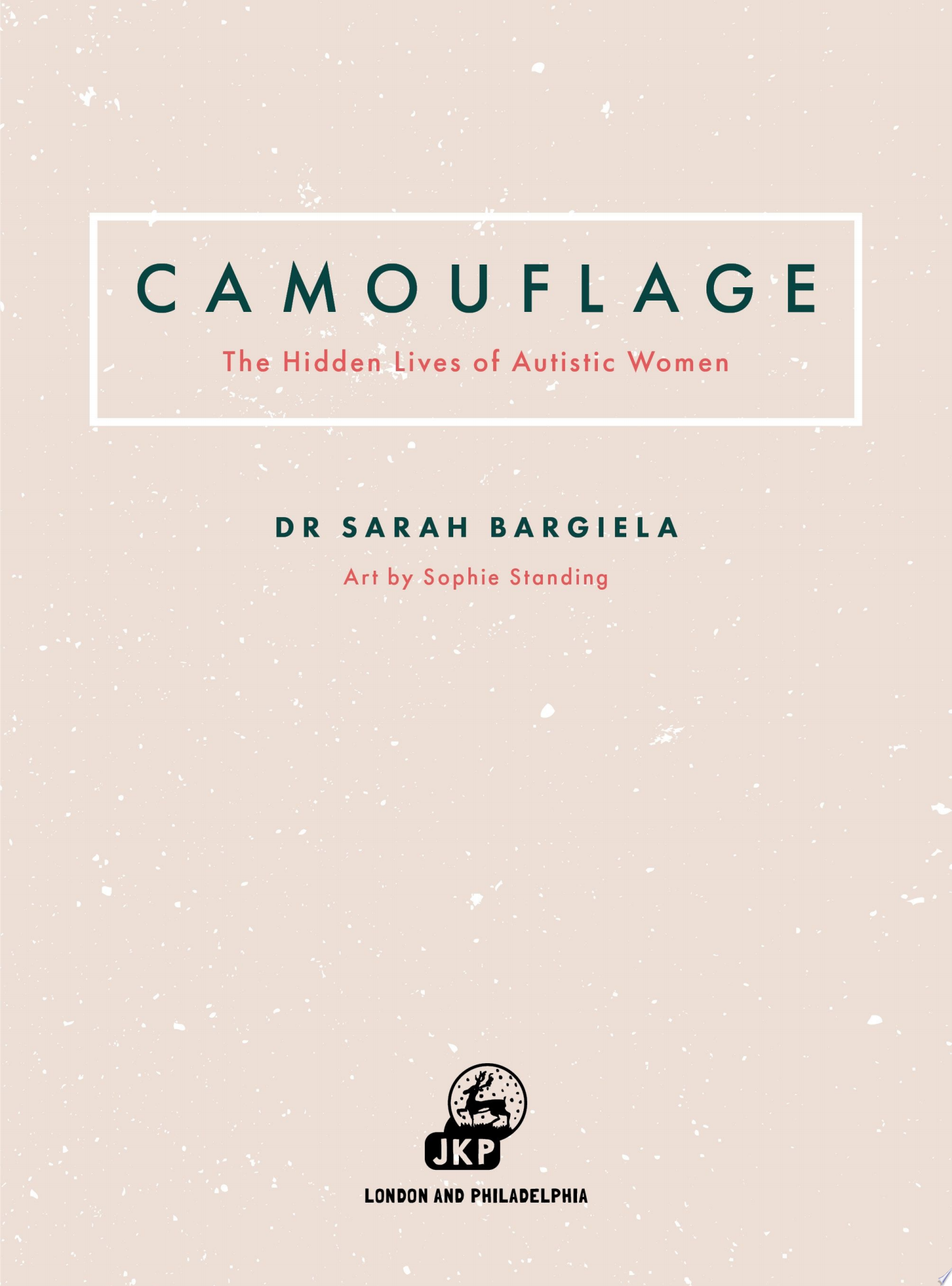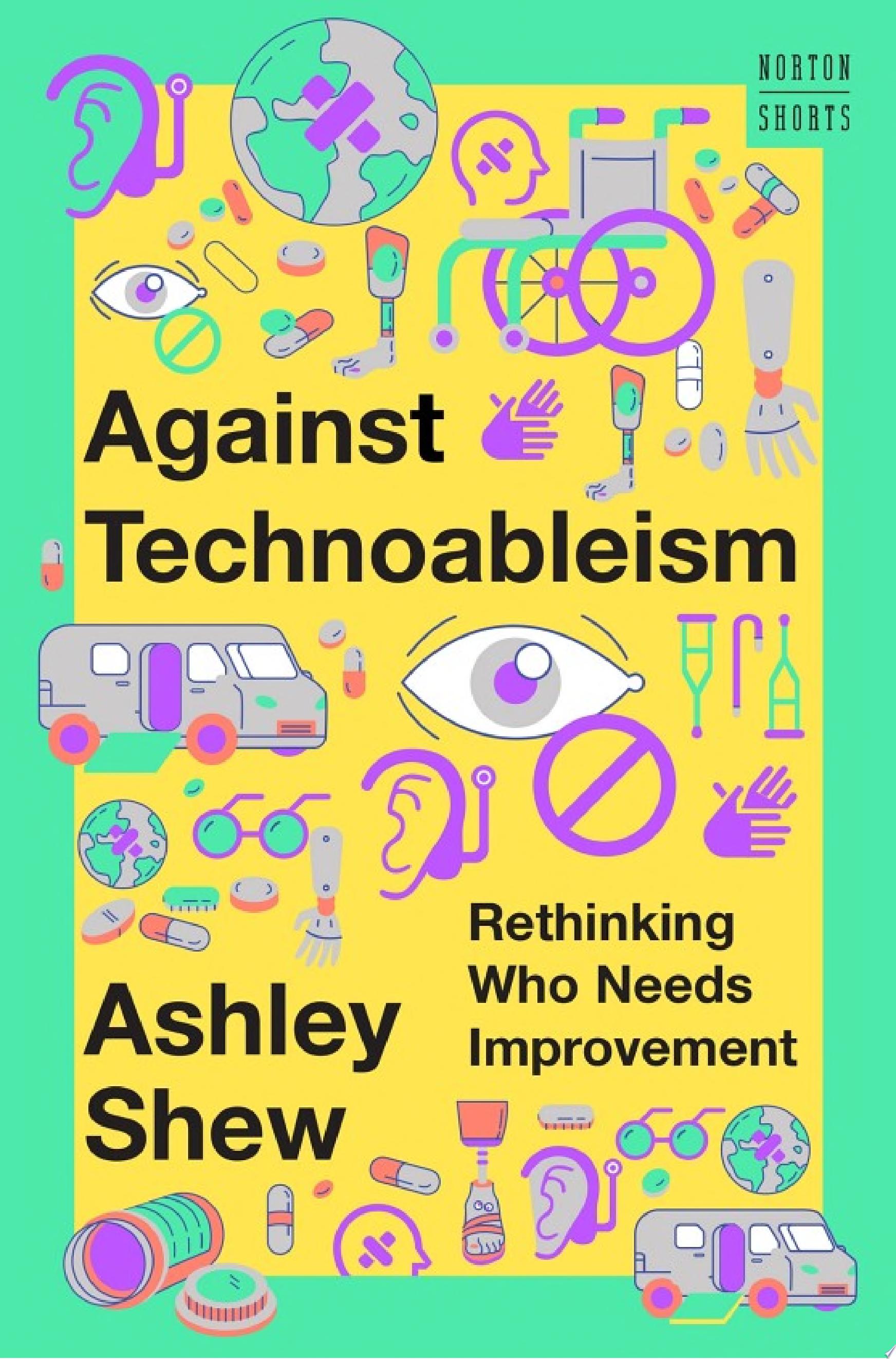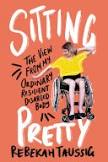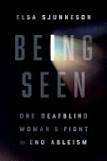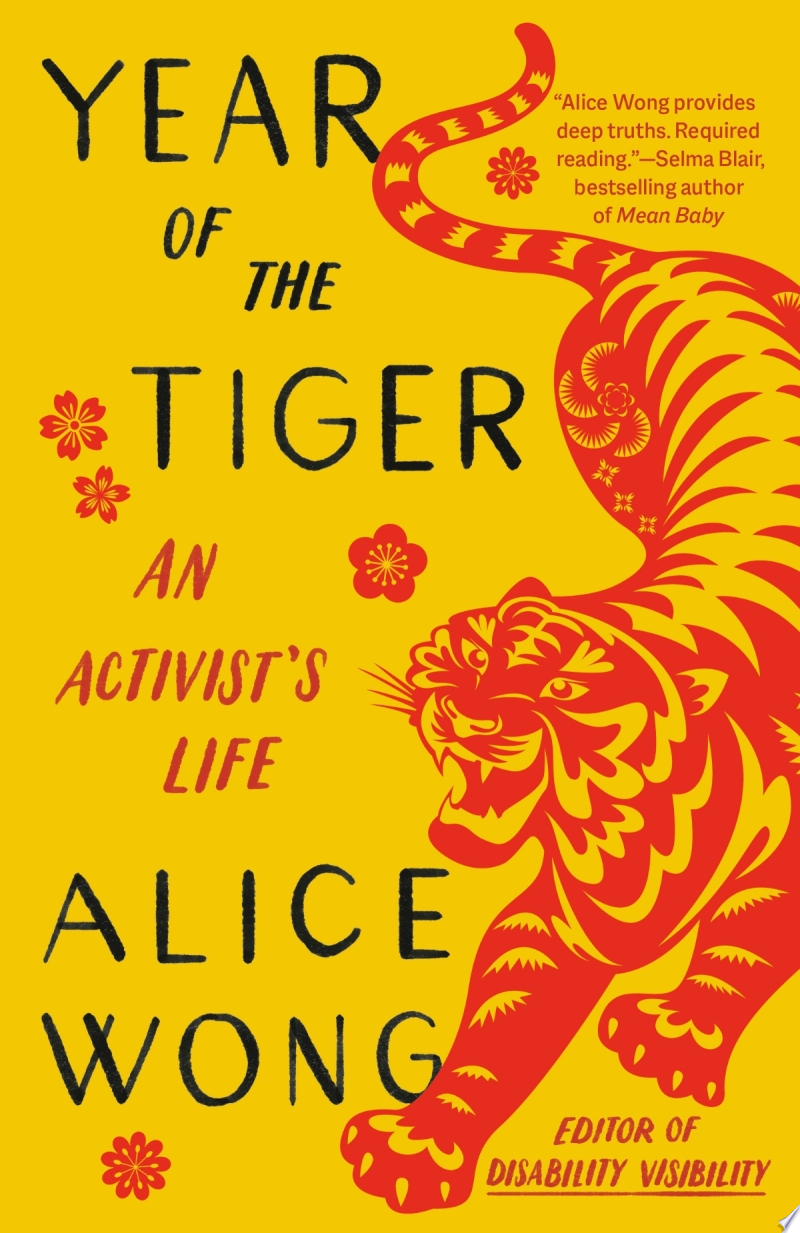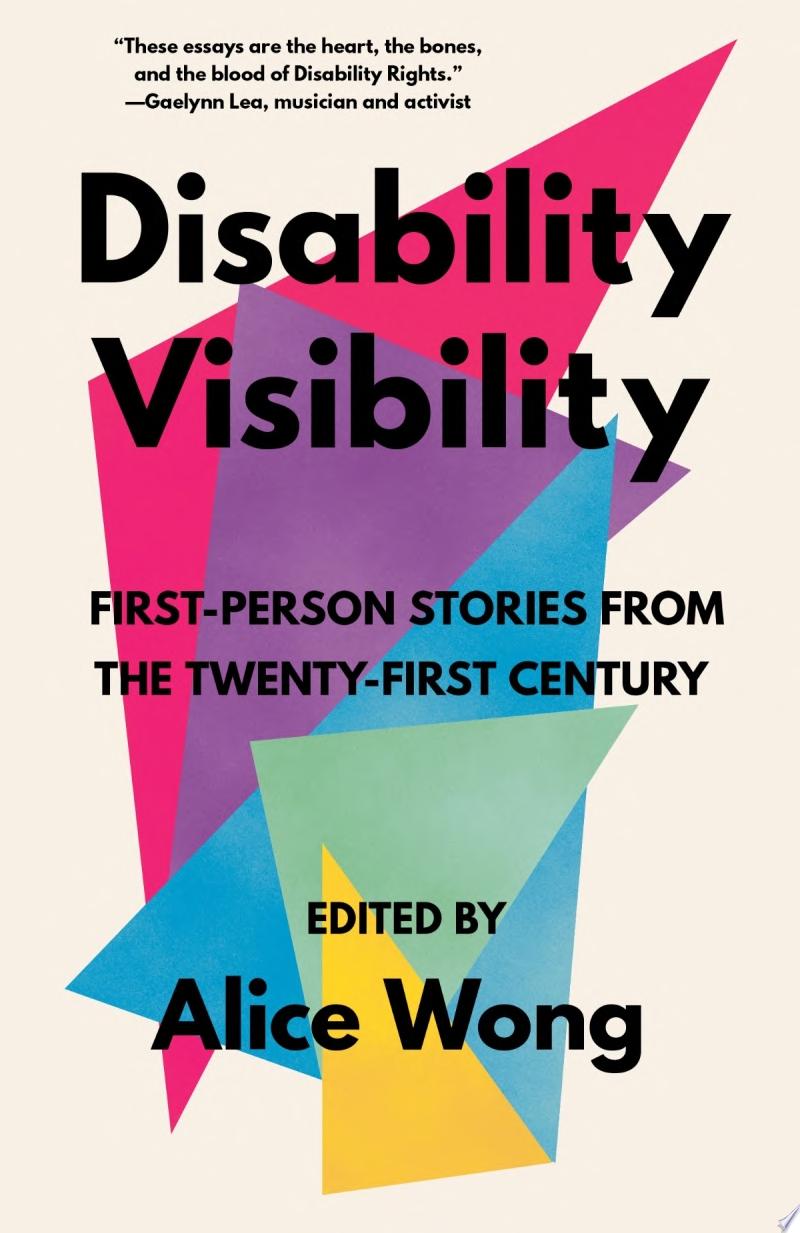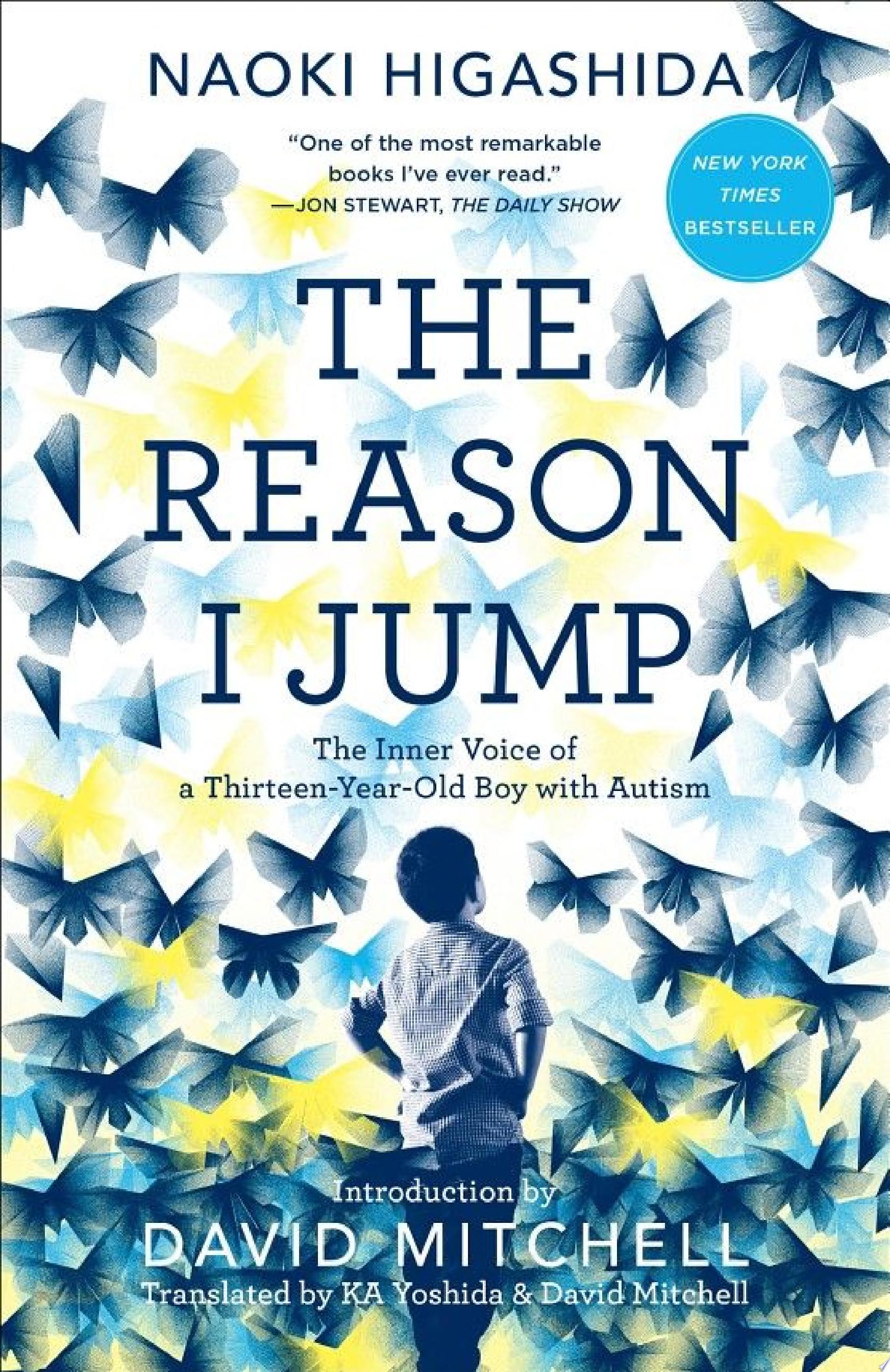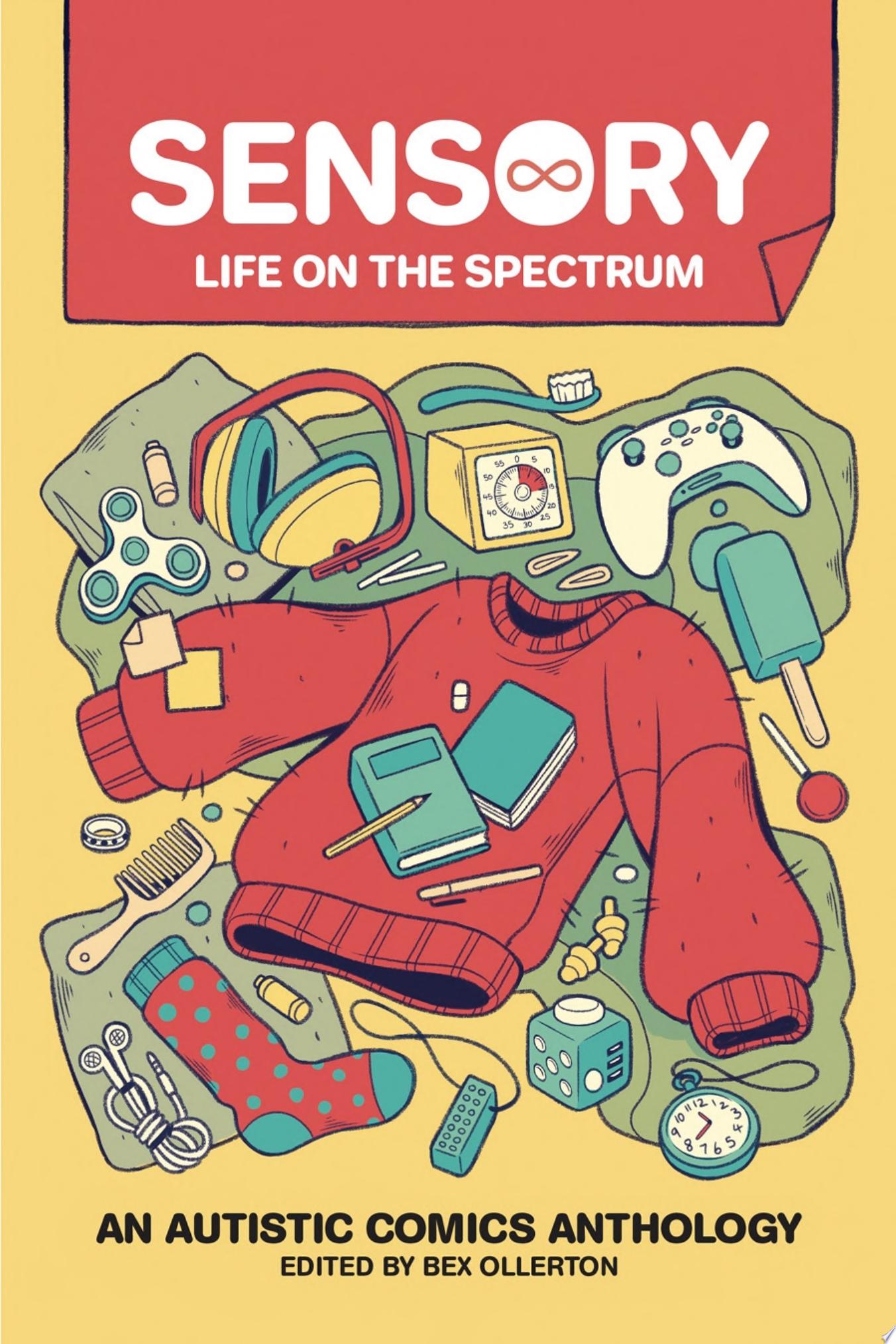List
Camouflage: The Hidden Lives of Autistic Women
Sarah Bargiela
Autism in women and girls is still not widely understood, and is often misrepresented or even overlooked. This graphic novel offers an engaging and accessible insight into the lives and minds of autistic women, using real-life case studies.
The charming illustrations lead readers on a visual journey of how women on the spectrum experience everyday life, from metaphors and masking in social situations, to friendships and relationships and the role of special interests.
Fun, sensitive and informative, this is a fantastic resource for anyone who wishes to understand how gender affects autism, and how to create safer supportive and more accessible environments for women on the spectrum.
Against Technoableism: Rethinking Who Needs Improvement
Ashley Shew
A manifesto exploding what we think we know about disability, and arguing that disabled people are the real experts when it comes to technology and disability.
When bioethicist and professor Ashley Shew became a self-described “hard-of-hearing chemobrained amputee with Crohn’s disease and tinnitus,” there was no returning to “normal.” Suddenly well-meaning people called her an “inspiration” while grocery shopping or viewed her as a needy recipient of technological wizardry. Most disabled people don’t want what the abled assume they want—nor are they generally asked. Almost everyone will experience disability at some point in their lives, yet the abled persistently frame disability as an individual’s problem rather than a social one.
In a warm, feisty voice and vibrant prose, Shew shows how we can create better narratives and more accessible futures by drawing from the insights of the cross-disability community. To forge a more equitable world, Shew argues that we must eliminate “technoableism”—the harmful belief that technology is a “solution” for disability; that the disabled simply await being “fixed” by technological wizardry; that making society more accessible and equitable is somehow a lesser priority.
This badly needed introduction to disability expertise considers mobility devices, medical infrastructure, neurodivergence, and the crucial relationship between disability and race. The future, Shew points out, is surely disabled—whether through changing climate, new diseases, or even through space travel. It’s time we looked closely at how we all think about disability technologies and learn to envision disabilities not as liabilities, but as skill sets enabling all of us to navigate a challenging world.
Sitting Pretty: The View from My Ordinary Resilient Disabled Body
Rebekah Taussig
A memoir-in-essays from disability advocate and creator of the Instagram account @sitting_pretty Rebekah Taussig, processing a lifetime of memories to paint a beautiful, nuanced portrait of a body that looks and moves differently than most.
Growing up as a paralyzed girl during the 90s and early 2000s, Rebekah Taussig only saw disability depicted as something monstrous (The Hunchback of Notre Dame), inspirational (Helen Keller), or angelic (Forrest Gump). None of this felt right; and as she got older, she longed for more stories that allowed disability to be complex and ordinary, uncomfortable and fine, painful and fulfilling.
Writing about the rhythms and textures of what it means to live in a body that doesn’t fit, Rebekah reflects on everything from the complications of kindness and charity, living both independently and dependently, experiencing intimacy, and how the pervasiveness of ableism in our everyday media directly translates to everyday life.
Disability affects all of us, directly or indirectly, at one point or another. By exploring this truth in poignant and lyrical essays, Taussig illustrates the need for more stories and more voices to understand the diversity of humanity. Sitting Pretty challenges us as a society to be patient and vigilant, practical and imaginative, kind and relentless, as we set to work to write an entirely different story.
Being Seen
Elsa Sjunneson
A Deafblind writer and professor explores how the misrepresentation of disability in books, movies, and TV harms both the disabled community and everyone else.
As a Deafblind woman with partial vision in one eye and bilateral hearing aids, Elsa Sjunneson lives at the crossroads of blindness and sight, hearing and deafness—much to the confusion of the world around her. While she cannot see well enough to operate without a guide dog or cane, she can see enough to know when someone is reacting to the visible signs of her blindness and can hear when they’re whispering behind her back. And she certainly knows how wrong our one-size-fits-all definitions of disability can be.
As a media studies professor, she’s also seen the full range of blind and deaf portrayals on film, and here she deconstructs their impact, following common tropes through horror, romance, and everything in between. Part memoir, part cultural criticism, part history of the Deafblind experience, Being Seen explores how our cultural concept of disability is more myth than fact, and the damage it does to us all.
Year of the Tiger
Alice Wong
In Chinese culture, the tiger is deeply revered for its confidence, passion, ambition, and ferocity. That same fighting spirit resides in Alice Wong.
Drawing on a collection of original essays, previously published work, conversations, graphics, photos, commissioned art by disabled and Asian American artists, and more, Alice uses her unique talent to share an impressionistic scrapbook of her life as an Asian American disabled activist, community organizer, media maker, and dreamer. From her love of food and pop culture to her unwavering commitment to dismantling systemic ableism, Alice shares her thoughts on creativity, access, power, care, the pandemic, mortality, and the future. As a self-described disabled oracle, Alice traces her origins, tells her story, and creates a space for disabled people to be in conversation with one another and the world. Filled with incisive wit, joy, and rage, Wong’s Year of the Tiger will galvanize readers with big cat energy.
Disability Visibility: First-Person Stories from the Twenty-First Century
Alice Wong
One in five people in the United States lives with a disability. Some disabilities are visible, others less apparent—but all are underrepresented in media and popular culture. Activist Alice Wong brings together this urgent, galvanizing collection of contemporary essays by disabled people, just in time for the thirtieth anniversary of the Americans with Disabilities Act,
From Harriet McBryde Johnson’s account of her debate with Peter Singer over her own personhood to original pieces by authors like Keah Brown and Haben Girma; from blog posts, manifestos, and eulogies to Congressional testimonies, and beyond: this anthology gives a glimpse into the rich complexity of the disabled experience, highlighting the passions, talents, and everyday lives of this community. It invites readers to question their own understandings. It celebrates and documents disability culture in the now. It looks to the future and the past with hope and love.
The Reason I Jump
Naoki Higashida
You’ve never read a book like The Reason I Jump. Written by Naoki Higashida, a very smart, very self-aware, and very charming thirteen-year-old boy with autism, it is a one-of-a-kind memoir that demonstrates how an autistic mind thinks, feels, perceives, and responds in ways few of us can imagine. Parents and family members who never thought they could get inside the head of their autistic loved one at last have a way to break through to the curious, subtle, and complex life within.
Using an alphabet grid to painstakingly construct words, sentences, and thoughts that he is unable to speak out loud, Naoki answers even the most delicate questions that people want to know. Questions such as: “Why do people with autism talk so loudly and weirdly?” “Why do you line up your toy cars and blocks?” “Why don’t you make eye contact when you’re talking?” and “What’s the reason you jump?” (Naoki’s answer: “When I’m jumping, it’s as if my feelings are going upward to the sky.”) With disarming honesty and a generous heart, Naoki shares his unique point of view on not only autism but life itself. His insights—into the mystery of words, the wonders of laughter, and the elusiveness of memory—are so startling, so strange, and so powerful that you will never look at the world the same way again.
In his introduction, bestselling novelist David Mitchell writes that Naoki’s words allowed him to feel, for the first time, as if his own autistic child was explaining what was happening in his mind. “It is no exaggeration to say that The Reason I Jump allowed me to round a corner in our relationship.” This translation was a labor of love by David and his wife, KA Yoshida, so they’d be able to share that feeling with friends, the wider autism community, and beyond. Naoki’s book, in its beauty, truthfulness, and simplicity, is a gift to be shared.
Sensory: Life on the Spectrum
Bex Ollerton
A colorful and eclectic comics anthology exploring a wide range of autistic experiences—from diagnosis journeys to finding community—from autistic contributors.
From artist and curator Bex Ollerton comes an anthology featuring comics from thirty autistic creators about their experiences of living in a world that doesn’t always understand or accept them. Sensory: Life on the Spectrum contains illustrated explorations of everything from life pre-diagnosis to tips on how to explain autism to someone who isn't autistic, to suggestions for how to soothe yourself when you’re feeling overstimulated. With unique, vibrant comic-style illustrations and the emotional depth and vulnerability of memoir, this book depicts these varied experiences with the kind of insight that only those who have lived them can have.
